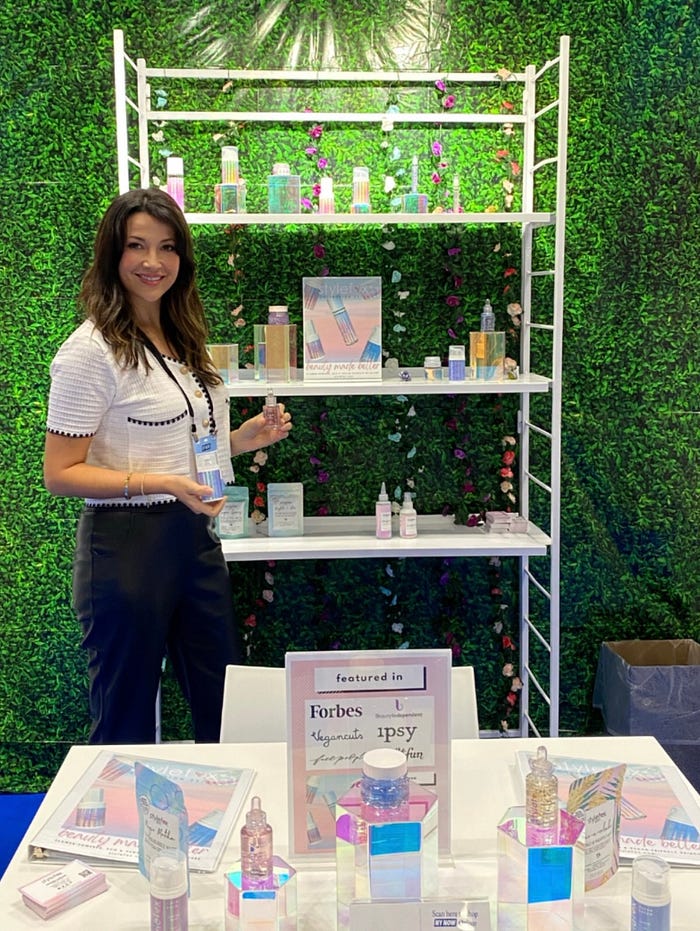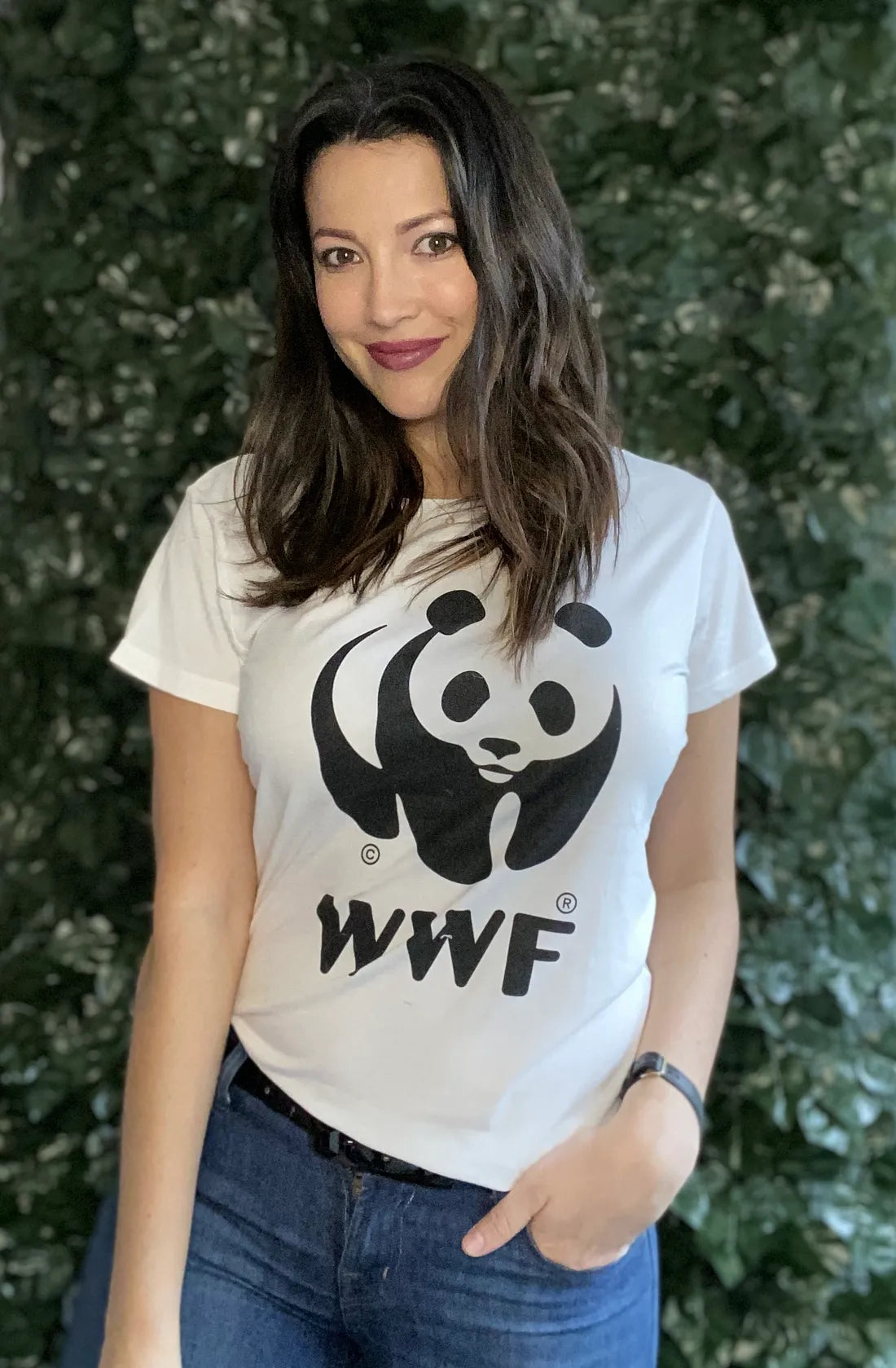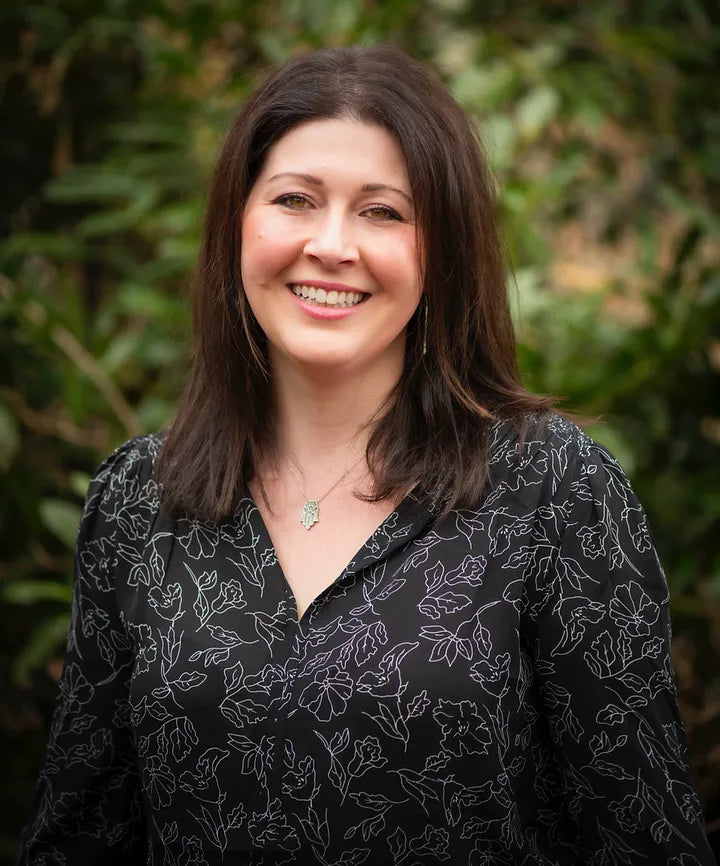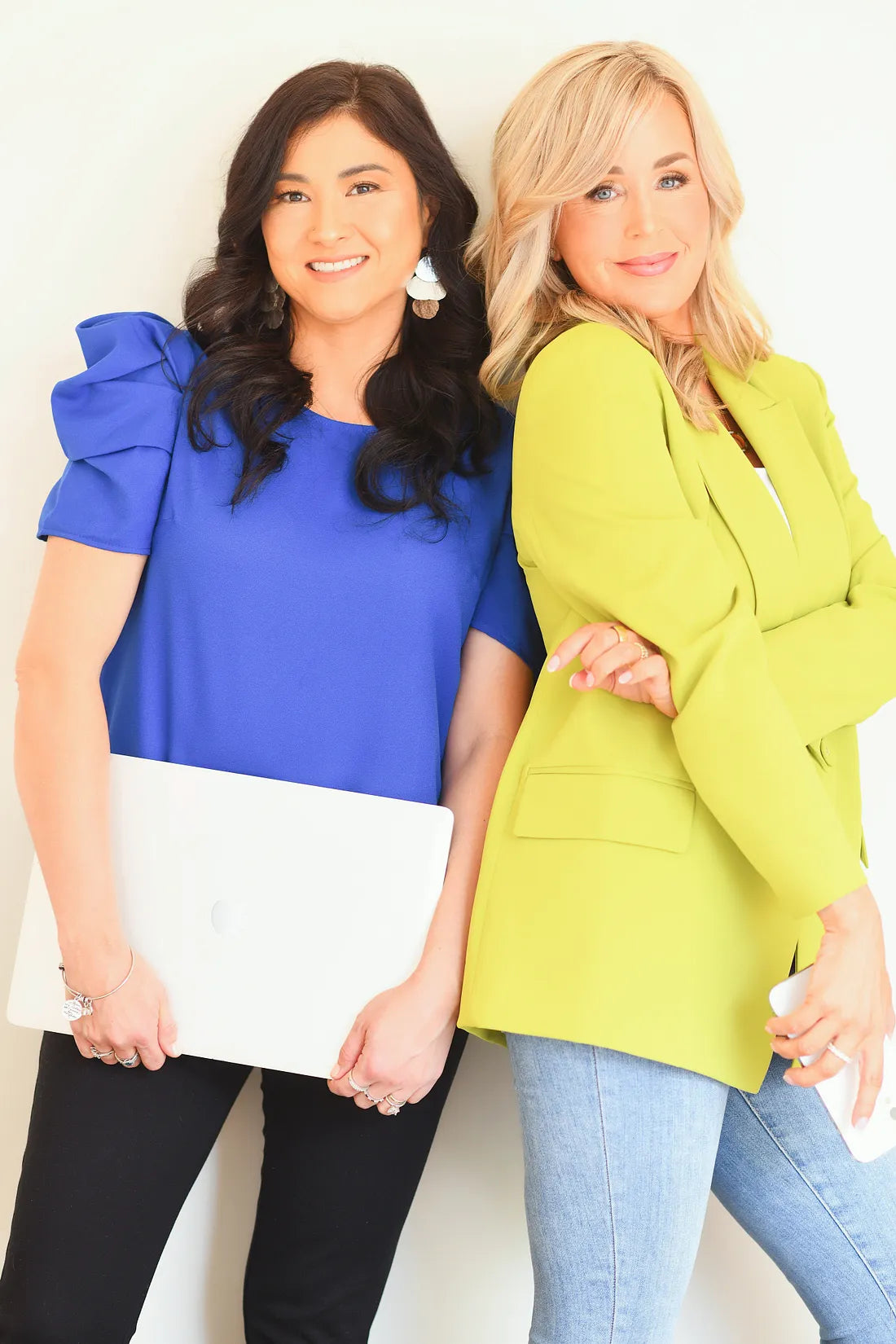Hit the pavement. Not everything can be done online. Despite the Zoom era we’re living in, building face-to-face relationships and in-person networking is still vital to success. Search your area for events and tradeshows related to your industry and try to get out at least 2 times per week. Building relationships is the cornerstone to success.
The plant-based revolution is here. As consumers globally are shifting towards more eco-conscious and health-oriented choices, the demand for plant-based products has never been higher. From food and beverages to cosmetics and clothing, the plant-based industry is blossoming with opportunities. But how does one tap into this growing market? What are the key ingredients to launching and scaling a successful plant-based product business? In this interview series, we are exploring the world of plant-based entrepreneurship. We are talking to founders, product developers, industry experts, and innovators who have successfully navigated the plant-based business landscape. As a part of this series, we had the pleasure of interviewing Desiree Rabuse.
Desiree is the founder & CEO of STYLEFOX, a wellness and sustainability-focused women’s lifestyle brand. STYLEFOX makes content and products “for living your best life” including a line of flower and plant-based skincare. True to her mission, Desiree invested the profits of STYLEFOX into a regenerative flower farm where they’re growing vast pollinator gardens and sending out the seeds for free to their customers to help restore bee and butterfly populations.
Thank you so much for joining us in this interview series! Before we dive into the main focus of our interview, our readers would love to “get to know you” a bit better. Can you tell us a bit about your childhood backstory?
Thanks for having me! I grew up in a small farming town in Central California, the youngest of four daughters. My parents were always taking us somewhere outdoorsy and my dad was a big bass angler. I spent a lot of my childhood outdoors snowboarding, fishing, playing sports, and bringing home stray animals! I guess you could say I was born very connected to nature and earth so it’s no wonder I’m so passionate about sustainability. I’m really grateful my parents facilitated a grounded childhood for me.
You are a successful leader. Which three character traits do you think were most instrumental to your success? Can you please share a story or example for each?
Patience, discipline, and tenacity. I don’t give up and I’m not afraid to fail. I showed up in NYC in 2010 with one suitcase and a dream. I had no friends or connections, and a few thousand dollars in savings. I just somehow knew I would figure it out. I’m also very patient. I do not rush through life or my creative process. Our culture has a tendency to want to look successful overnight or want everything all at once, but that’s not how success works. It’s a culmination of many good decisions and habits over time. I’m willing to wait for my work to create results over time and I don’t really worry about how that looks to anyone else. I work pretty stealthily. I’m also regimented with my goals, habits, fitness and health. I spent a lot of my 20’s and 30’s building my career and focused when everyone my age was out having fun. When I first started to build STYLEFOX, I worked full time as editor-in-chief and was taking college courses on the side. So I would go to my job from 9–7pm, do school work from 8–10pm, then work on STYLEFOX from 10pm to 1am or later. I did that for 6 months until I was ready to launch the site. It was exhausting, but it was what was required to get where I wanted to go. If there is a will, there is always a way!
What are some of the most interesting or exciting projects you are working on now? How do you think that might help people?
Most recently we invested in a regenerative farm to start growing our own ingredients and launched our #FlowersForThePlanet skincare collection which is funding our new initiative to restore pollinator populations. In addition to growing vast gardens on our farm, we’re sending out free flower seeds with every order to inspire our customers to plant pollinator gardens to help restore bee and butterfly populations. The planet has lost between 50–80% of pollinators in the last few decades. Without pollinators we can’t grow food and the entire eco-system will collapse. They’re about as vital as it gets. I do all the cultivating with my own hands, so yes, I’m also a flower farmer now and I’ve never been happier! Not only are flowers essential to the planet, but they’re healing. They actually stimulate dopamine, oxytocin and serotonin in the brain, so growing them is also good for your health. There are so many reasons to plant flowers! I hope I inspire people to start growing. Even if it’s just one pot of flowers, it can make a difference for the pollinators.
OK, thank you for all of that. Let’s now shift to the core focus of our interview about creating a successful plant-based product business. What inspired you to enter the plant-based product industry? Did you have a turning point or eureka moment that led you into the plant-based industry? Can you share some key milestones that helped shape your journey to success?
When I first launched STYLEFOX, we were strictly content and media. I’ve always had a passion for skincare, so naturally we covered a lot of skin and beauty topics. Those articles always got the most traction, so when it came time to launch products, we already had authority built up there. We also launched with a very unique product: a powdered, preservative-free, water-activated facial mask in an eco-friendly pouch. Our plant-based powdered masks are what put us on the map. I think the combination of having an extremely unique product that works well combined with our pre-existing audience that we had built over the years was the winning combination. My advice would be to build authority in your space before launching the product.
What do you believe are the key factors behind the recent surge in demand for plant-based products, and how can aspiring entrepreneurs authentically tap into this growing trend?
I think we’ve all become acutely aware of how the climate is changing. It’s very hard to ignore the data and warnings from scientists. Species are going extinct at alarming rates, superstorms are becoming the norm. We need to make changes and those changes start with companies and consumer products. It should be every business’s priority to be as sustainable as possible. It shouldn’t be an anomaly to be a sustainable brand, it should be the standard. With that being said, any product can become more sustainable with some effort. Even if it’s just changing your packaging and packing materials to more lightweight, recyclable and compostable materials. Paper, aluminum, PCR and refillable containers are all great ways to become more sustainable. Or you can get creative and find a way like we did to create a sustainable ecosystem within your process and parlay your products into a mission.
How do you envision the evolution of consumer preferences in the next 5–10 years?
I think consumers are becoming increasingly concerned with waste and sustainability and I foresee a large portion of companies getting on-board with being more thoughtful and eco-friendly. I think it will become the standard and that’s beautiful!
What is your favorite plant-based product (not necessarily your own) and what makes it stand out? What can we all learn from the appeal of that product?
I’m a huge fan of Morning Star and Impossible products. I stopped eating red meat, pork etc. when I was 18 and there was a long struggle when there were no good meat substitutes. Now we have a plethora of tasty meatless products and it makes it so much easier to eat. I think the vegan, meat, and dairy substitute industry is a huge opportunity to create high-demand, essential products.
Based on your experience, what are some of the biggest myths or misconceptions people have about the plant-based industry?
That plant-based products don’t work well or taste gross. I think most people have been surprised by how tasty and effective a lot of plant-based products are. Don’t knock it until you try it!
Developing and marketing plant-based products often involves unique challenges, from sourcing quality ingredients and sustainable packaging to building a brand that resonates with consumers. What strategies have you found most effective in overcoming these hurdles?
Sustainable packaging has been one of our biggest pain points. It’s getting better but there haven’t been a lot of options that are readily available. A lot of the time the minimums for making sustainable packaging can be 10k units per design. The best way to get around that is to make various skus in the same packaging style and use labeling to customize. Once you get big enough orders you can change over to custom styles.
As far as ingredients, just be sure you understand animal by-products and that anything with dairy derivatives, collagen, honey, silk, or other by-products are not vegan or considered sustainable. You have to be careful with making statements about organic as well. That requires getting a registration with USDA. So, just educate yourself to stay out of legal trouble.

The plant-based market continues to evolve and grow. What advice can you offer to individuals looking to launch their own plant-based product businesses? Are there any critical lessons or insights you’ve gained along the way that you’d like to share with aspiring entrepreneurs in this field? Based on your experience can you please share your “5 Things You Need To Create A Successful Plant-Based Product Business”.
1 . Identify a problem that needs to be solved. Everything starts with a vision and a solution. If you’re a mission-driven entrepreneur like myself, you’re probably looking for a way to make a positive impact. And if you’re looking to make a plant-based product, you’re probably concerned about the environment and sustainability, so understanding the pain points within sustainability issues is key. Next, what are you good at? Is there a way you can combine your existing skills to create a unique plant-based product or service? While I’m a big advocate for trying new things, you may find quicker success by creating something in your existing wheelhouse.
2 . Don’t quit your day job + bootstrap. Before you quit your job and go all-in make sure you’ve saved enough money for 6–12 months of runway. There’s nothing that will derail your dreams quicker than the stress of running out of capital. Instead, build your idea in the evenings and weekends after work until you’ve saved up enough cash to bootstrap. Which brings me to my next topic: bootstrapping. If you can bootstrap or raise a family & friends round, do that. Don’t immediately go after venture capital if it’s not absolutely necessary. Too many times I’ve seen entrepreneurs go down in flames because they took on too much outside funding, tried to scale too fast, burned through the cash and went under. Be patient. Stay lean. Slow and steady (often) wins the race. Your goal should be to build a long-term stable business, not get indebted right out of the gate.
3 . Create an MVP and collect feedback. Before dumping your life savings into your idea, test the market with a minimum viable product to see if there’s a demand. Of course to every entrepreneur, their idea is the best thing to ever exist! But the reality is, no matter how much you love your idea, there may not be much of a demand for it. Testing with an MVP helps you avoid wasting time and money and gives you the insight you need to pivot or move on to a better idea.
4 . Make mental/physical health your number one priority. Being an entrepreneur is hard enough when you’re at peak health, but it becomes 10 times harder to start and run a business if you’re not taking care of your mental and physical well-being. Without healthy habits, nutritious food, exercise, limiting or eliminating alcohol/substances and daily good habits (everyone should read Atomic Habits & The Power of Habit), the uphill battle of being an entrepreneur can feel insurmountable and it can tank your business. Do not discount how important optimizing your mental and physical health is for your success.
5 . Hit the pavement. Not everything can be done online. Despite the Zoom era we’re living in, building face-to-face relationships and in-person networking is still vital to success. Search your area for events and tradeshows related to your industry and try to get out at least 2 times per week. Building relationships is the cornerstone to success.
How does your business align with sustainability and ethics in the plant-based industry, and how does this alignment impact your brand’s success and customer trust?
We are very diligent about our ingredients, packaging, carbon footprint and production process. Every single step is optimized to be more efficient and eco-friendly, right down to our packing materials. We’re also carbon neutral and a portion of our profits go directly to fund companies that are removing carbon from the environment, like Mast Reforestation.
What certifications and regulations are essential for new plant-based brands to uphold their values as they grow?
I think becoming a B-corp, getting certified vegan by Leaping Bunny or certified organic are all steps you can take to uphold your values.
Can you please give us your favorite “Life Lesson Quote”? Can you share how that was relevant to you in your life?
“What man actually needs is not a tensionless state but rather the striving and struggling for some goal worthy of him.” That’s from Viktor Frankl’s book Man’s Search For Meaning, which is a really life-changing book and a must-read.
You are a person of great influence. If you could start a movement that would bring the most amount of good to the most amount of people, what would that be? You never know what your idea can trigger. :-)
Does this count movements I’ve already started? Our #FlowersForThePlanet initiative is to inspire others to plant flowers to help save pollinators, so I guess I’ve already started a movement!
This is what we call our “matchmaker question”, and it sometimes works. Is there a person in the world whom you would love to have a power lunch with, and why? Maybe we can tag them and see what happens!
Sarah Blakely, the founder of Spanx! I absolutely adore her and everything she stands for.
How can our readers further follow your work online?
Stylefox.co, stylefox.com and Instagram, Tiktok, Pinterest, Twitter and Facebook @stylefoxco
Thank you for these really excellent insights, and we greatly appreciate the time you spent with this. We wish you continued success and good health!
About the Interviewer: Wanda Malhotra is a wellness entrepreneur, lifestyle journalist, and the CEO of Crunchy Mama Box, a mission-driven platform promoting conscious living. CMB empowers individuals with educational resources and vetted products to help them make informed choices. Passionate about social causes like environmental preservation and animal welfare, Wanda writes about clean beauty, wellness, nutrition, social impact and sustainability, simplifying wellness with curated resources. Join Wanda and the Crunchy Mama Box community in embracing a healthier, more sustainable lifestyle at CrunchyMamaBox.com.




